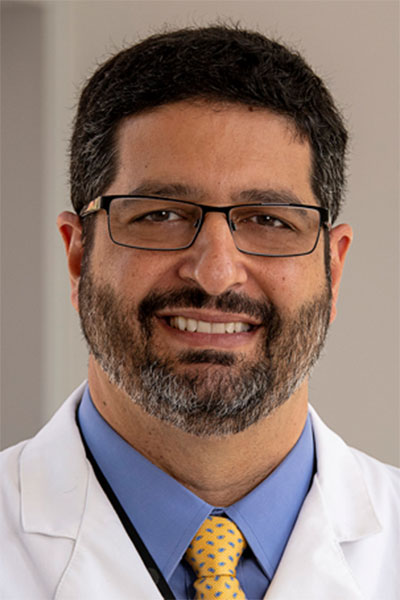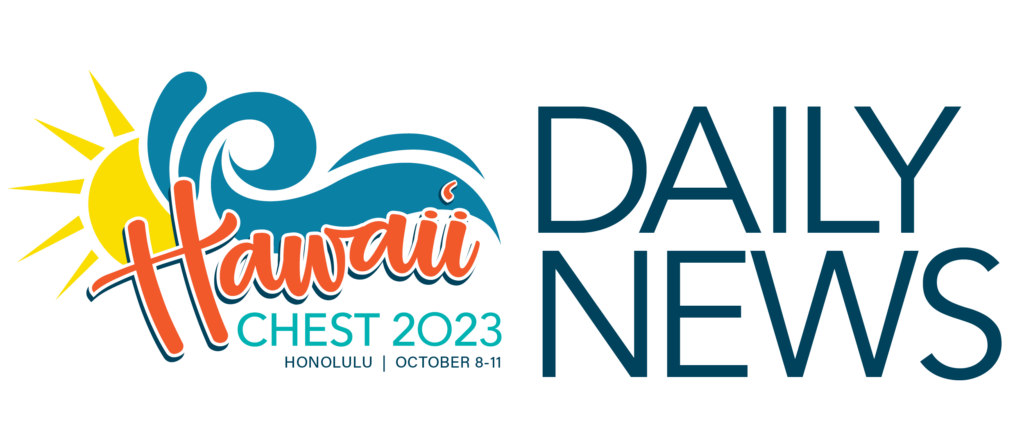
Hands-on simulations are back! The first in-person CHEST annual meeting since 2019 brings attendees the largest-ever selection of medical simulations—48 courses in total—including a dozen new opportunities.
“CHEST is a leader in medical simulation and we always have a Sim Center,” said Nicholas J. Pastis, MD, FCCP, director of interventional pulmonology, The Ohio State University Wexner Medical Center and chair of this year’s Live Learning Committee. “We have simulations every day of CHEST in Nashville, including the Postgraduate program on Saturday, October 15, using state-of-the-art equipment.”
Simulation has evolved into the preferred method to learn a procedure and improve technique, Dr. Pastis said.
“There is no way to learn our interventional skills unless you experience it and do it,” he explained. “And simulation is a learning opportunity in a low-stakes environment where mistakes are actually welcomed. You can’t have that kind of experience with real patients. You come to these simulation courses to learn and fine-tune your technique so those mistakes don’t happen on patients. Our facilitators aren’t there to demonstrate, they’re there to coach you through your own learning.”
One of the highlights for CHEST 2022 is Maximize Your View: A One-on-One Coaching Clinic in Direct Laryngoscopy on Sunday, October 16, from 9:15 AM – 10:45 AM CT and Tuesday, October 18, from 10:30 AM – 12:00 PM CT. Airway management is a key skill for pulmonologists and this course is a rare opportunity to hone technique with individualized teaching.
The Bronchoscopy Grand Slam: Critical Skills and Complication Management, Sunday from 12:15 PM – 3:15 PM CT, is a hybrid of multiple critical bronchoscopy techniques combined in a real-life scenario.
Airway Foreign Body Management, Monday, October 17, from 8:00 AM – 9:00 AM CT, is a master class in identifying and removing foreign bodies in the airway and managing the airway.
Nightmares on Airway Street: Taking the Horror Out of Airway Challenges, Monday from 8:15 AM – 10:15 AM CT, is a choose-your-own-adventure simulation juggling failing hemodynamics and complex medical comorbidities in the ICU, where up to half of intubations include severe complications.
Managing Acute Respiratory Failure in Special Populations, Monday from 9:15 AM – 12:15 PM CT, will focus on clinical decision-making using ventilator graphics, clinical clues, and other approaches to manage patients with acute respiratory failure in the setting of cardiovascular/cardiothoracic, neurological/neurosurgical, pregnancy, and other populations less commonly seen in traditional medical ICUs.
Stop the Crash: Rapid Management of Acute Cardiopulmonary Failure, Monday from 2:30 PM – 5:30 PM CT, provides hands-on experience in acute respiratory failure scenarios using the CHEST APPROACH framework. The faculty-to-learner ratio will not exceed 1:6, Dr. Pastis said, which assures time for in-depth discussion and skill development.
Management of Variceal Bleeding, Tuesday from 2:45 PM – 3:45 PM CT, will feature in-depth learning to improve placement of Sengstaken-Blakemore tubes to manage a patient with hemorrhagic shock due to variceal bleeding.
Other experiences include placing small-bore chest tubes in pneumothorax, and endobronchial ultrasound guided transbronchial needle aspiration (EBUS TBNA).
“If a picture is worth 1,000 words of explanation, a simulation is worth 10,000 words,” Dr. Pastis said. “This is the very best hands-on experience you will have.”
There’s still time to add a simulation session to your schedule—follow the prompts when registering online, or once onsite, visit the registration desks and speak with a representative. Simulation sessions require an additional fee beyond your meeting registration.



